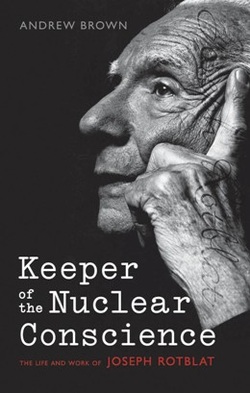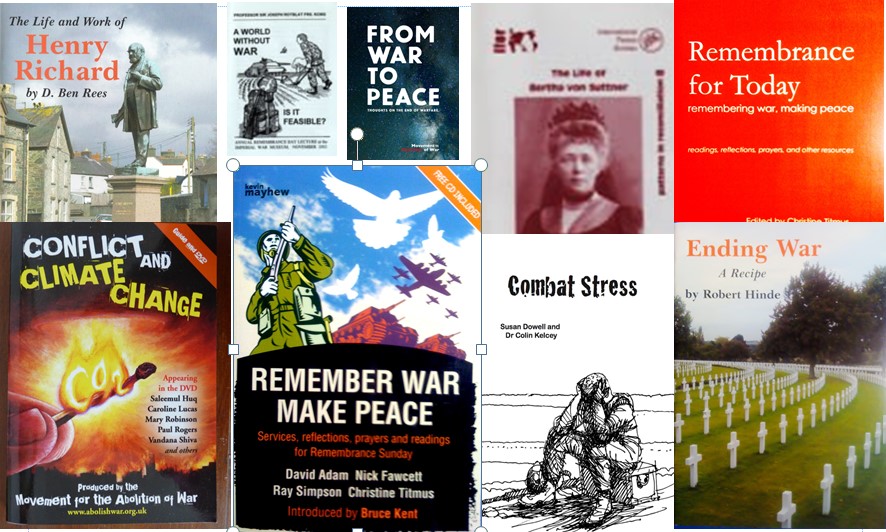
Andrew Brown
Oxford University Press, 2011
Brian Heale
Much of this book reads like a nightmare. Joseph Rotblat’s early life in Poland seems almost idyllic, of another world. The First World War soon destroyed this, and the consequences for his family were extreme hardship and threat to life. But Rotblat’s unusual mathematic ability was already evident, and the author traces the path towards nuclear physics from when Jo obtained work as an apprentice electrician in 1923 – the result of dire need for basic income. Later, working with Chadwick at Liverpool, Rotblat took time out to visit his wife in Poland. He found she was recovering from appendicitis surgery, and he was unable to take her to Liverpool straight away. The need for the small income (again) he was receiving at Liverpool prompted him to return there without his wife, in case his work was taken over by someone else and the money dried up. He left Warsaw on 31st August 1939. Germany invaded Poland the very next day. Rotblat never saw his wife again. That is essential to understanding much of Rotblat’s subsequent life history.
But the author overdoes detail on nuclear physics. Does the reader really need to know about the different importance of fast and slow neutrons? And later on in the book there is too much detail on meetings and conferences, rather than on the significance of what was going on.
Yet the time, energy and unrelenting commitment by Rotblat to Pugwash comes across strongly, clearly showing that Pugwash contributed to the ending of the cold war. Rotblat’s Nobel Peace Prize was undoubtedly deserved.
Rotblat does seem to have been fortunate, for once, when after leaving the Manhattan Project, he obtained high position at Bart’s Medical College. There was opposition to his appointment, but influential others supported Rotblat, and to his great credit he became the main pioneer in this country of applying nuclear physics to treat cancer. A kind of redemption perhaps.
Overall, and from my own limited experience of him, Rotblat seemed to be a gentle man with much charm. But he didn’t seem a man of the people. He liked to be with scientists and with Pugwash – from which non-scientists are excluded. Despite being its first president, he never really got involved with MAW (apart from giving the annual Remembrance Sunday lecture in 2002 – for which he received a standing ovation). Indeed, the author himself never mentions MAW. Perhaps one scientist writing about another is not always a good idea. Narrow paradigms are unconsciously set, depriving the reader of a more rounded account of this great man.



